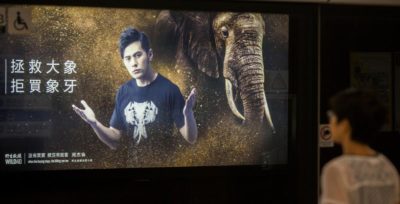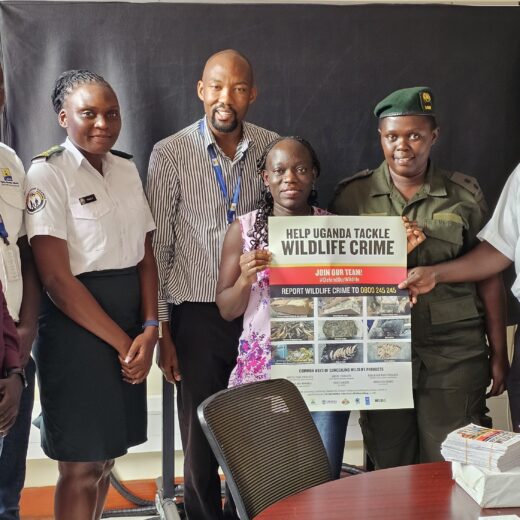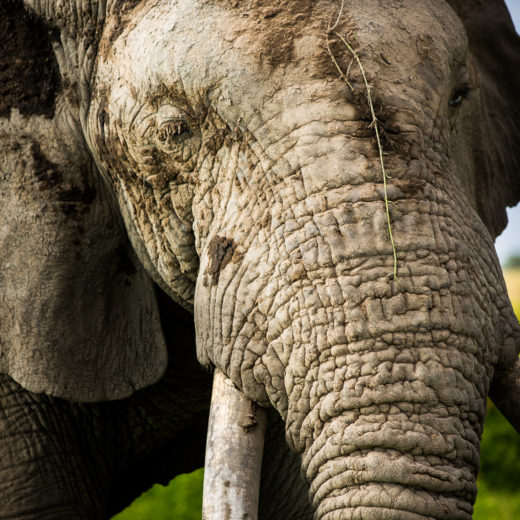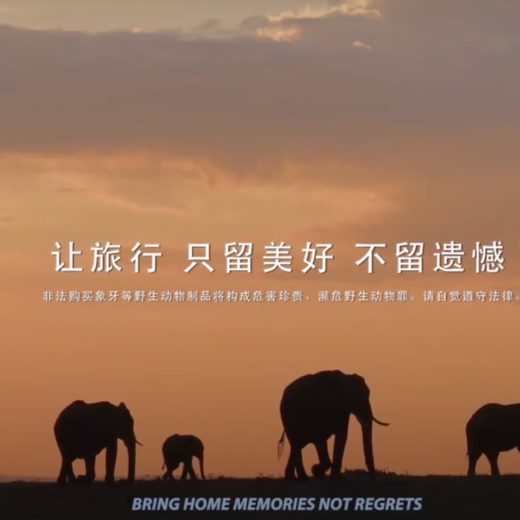
Hong Kong SAR’s Legislative Council Panel on Environmental Affairs will hear public comments Tuesday on government plans to ban the trade in elephant ivory products.
In advance of the public hearing, the council received about 275 letters in support of the ban from Hong Kong SAR residents and other interested individuals from as far away as South Africa, Kenya, Tanzania and Uganda.
Representatives from around 20 conservation groups, including WildAid, will address the council in favor of ending the ivory trade in Hong Kong SAR. Mainland China is in the process of closing all its ivory carving factories and retail shops by the end of 2017.
2014 data showed that 76% of Hong Kong SAR residents supported an ivory sales ban, while just 12% opposed such a ban, according to a WildAid/Save The Elephants/African Wildlife Foundation survey.


“Hong Kong SAR should quickly phase out ivory sales without compensating traders who have had adequate notice. Further, to deter smuggling of ivory in and out of Hong Kong SAR, penalties for wildlife crimes should be increased,” said WildAid Hong Kong SAR Campaigner Alex Hofford.
Ivory traders argue that they should be compensated for their unsold inventory, which they claim originated from legal sales before the 1990 international ban and was sourced from natural elephant deaths. Investigations have documented that much of the current remaining stocks was, in fact, illegally obtained from elephants recently poached in Africa.
Up to 30,000 elephants are killed across Africa each year to meet demand for ivory products. Last week customs officials seized more than 60 kilograms of ivory at Hong Kong International Airport off a flight from Zimbabwe.
Billboards discouraging ivory use featuring WildAid Ambassador Jay Chou can be seen in the Hong Kong SAR subway. Additionally, before the hearing, WildAid will deliver cards from school children expressing their “best wishes for elephants.”
Stay in touch and get the latest WildAid updates.
SIGN UP


